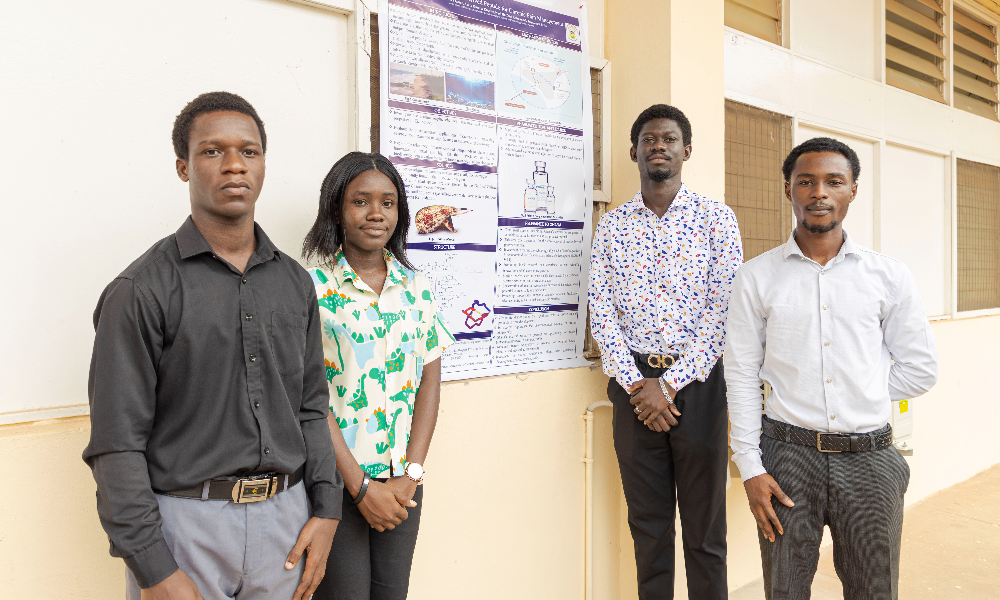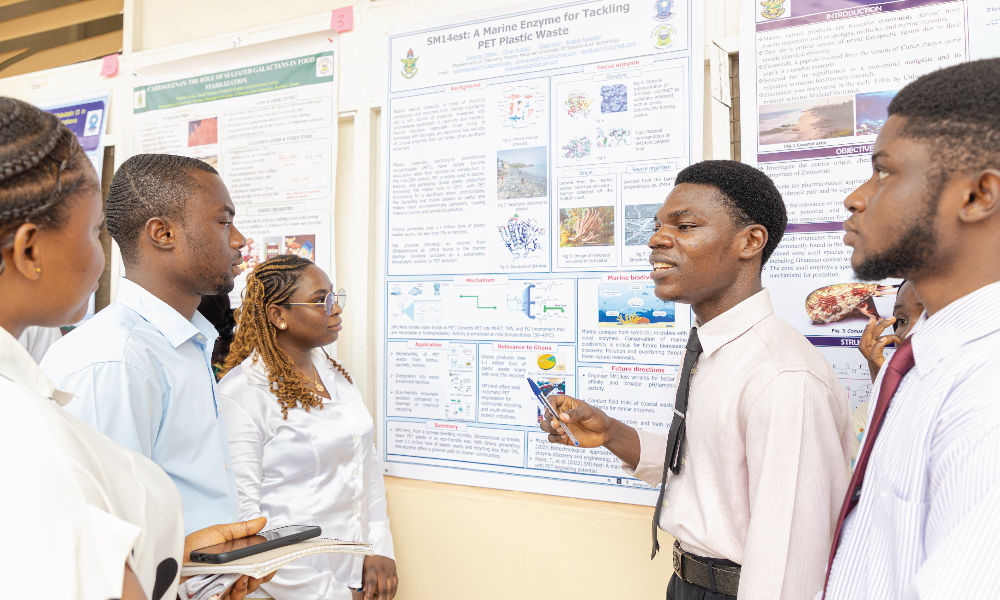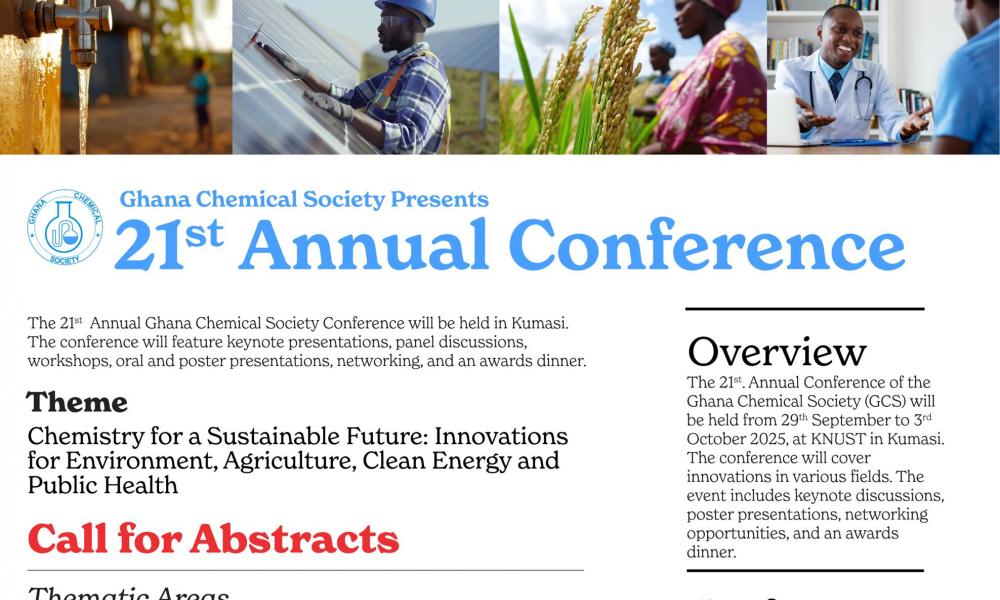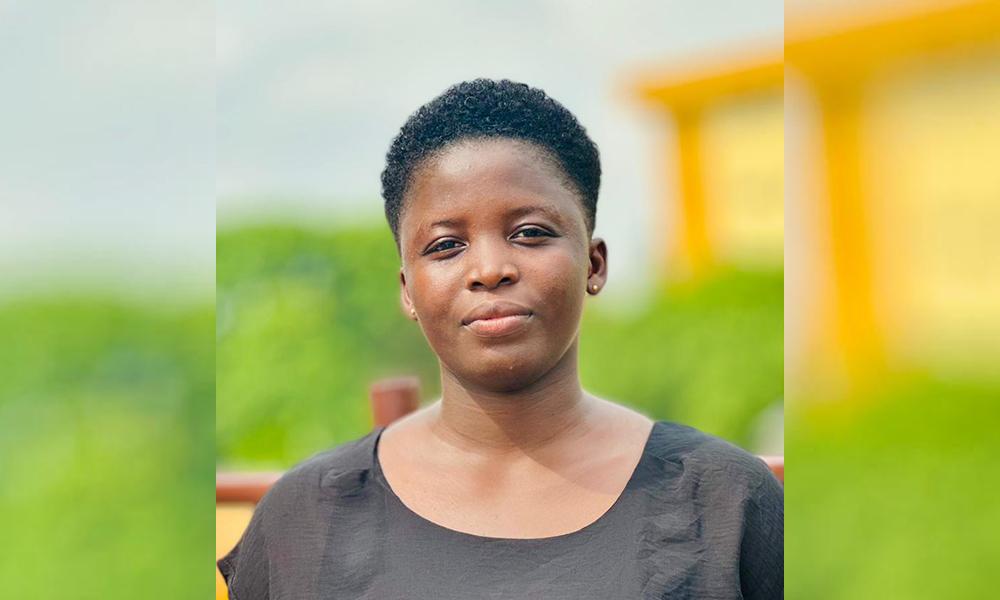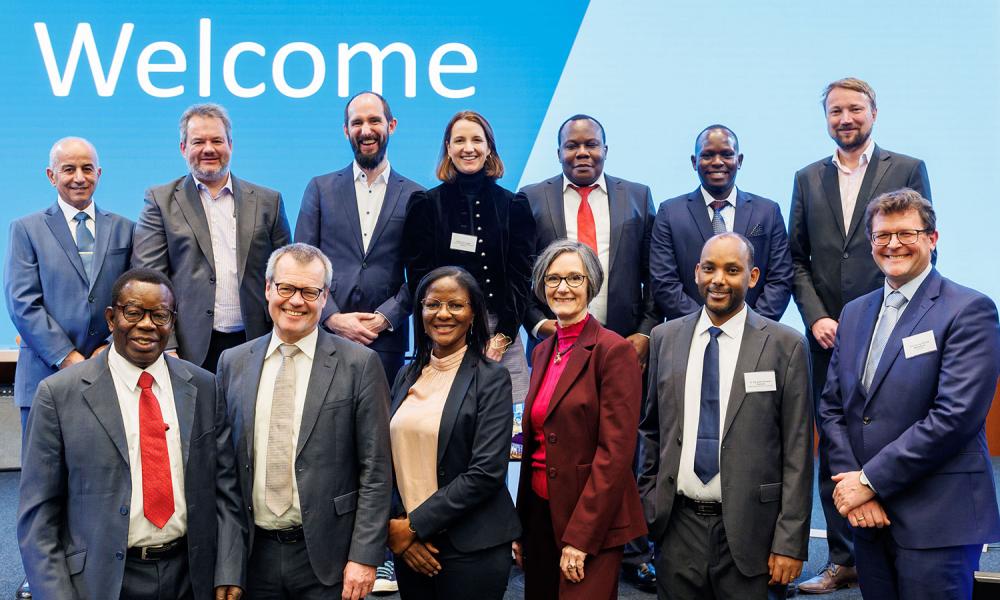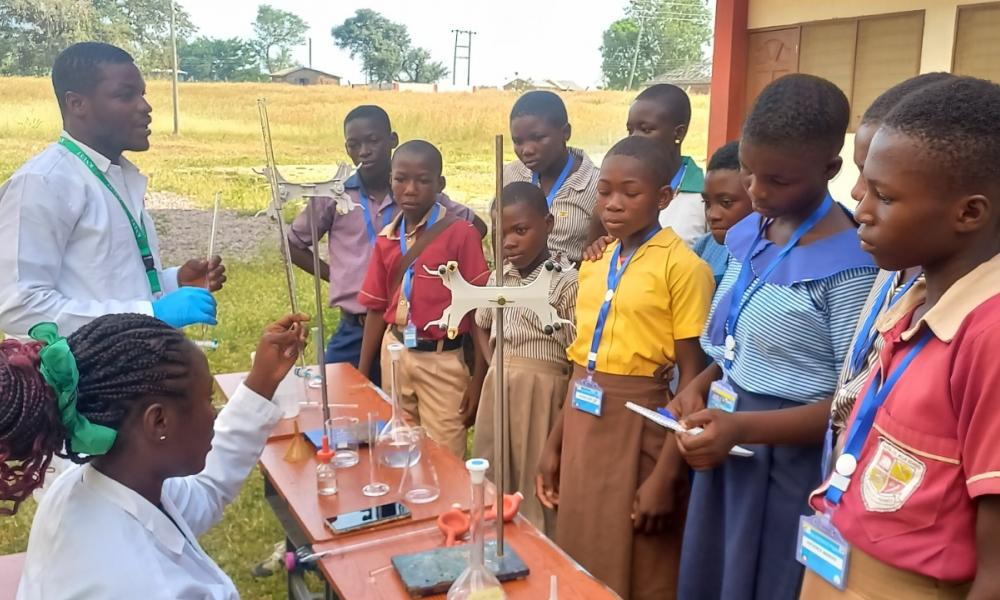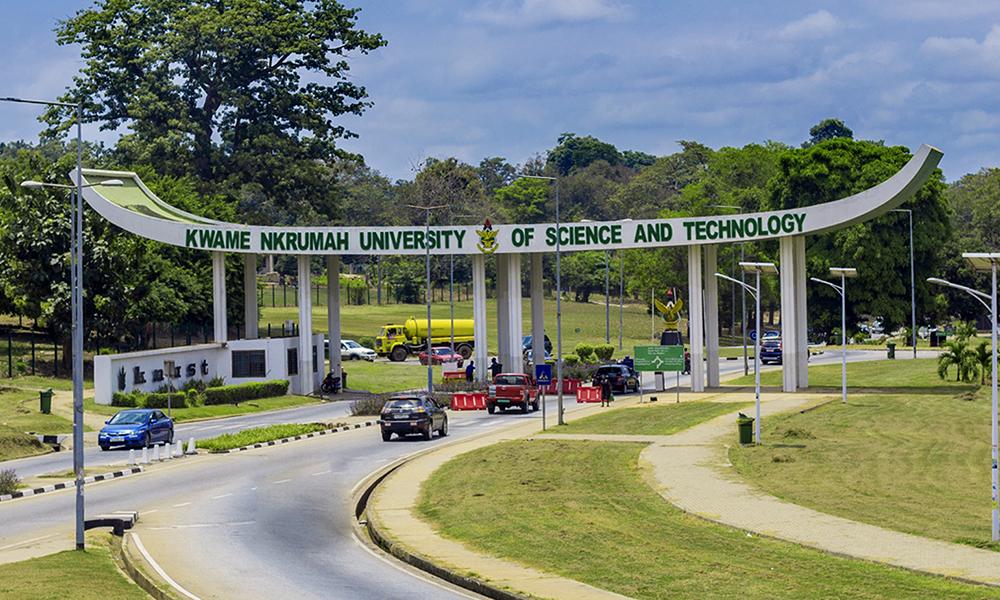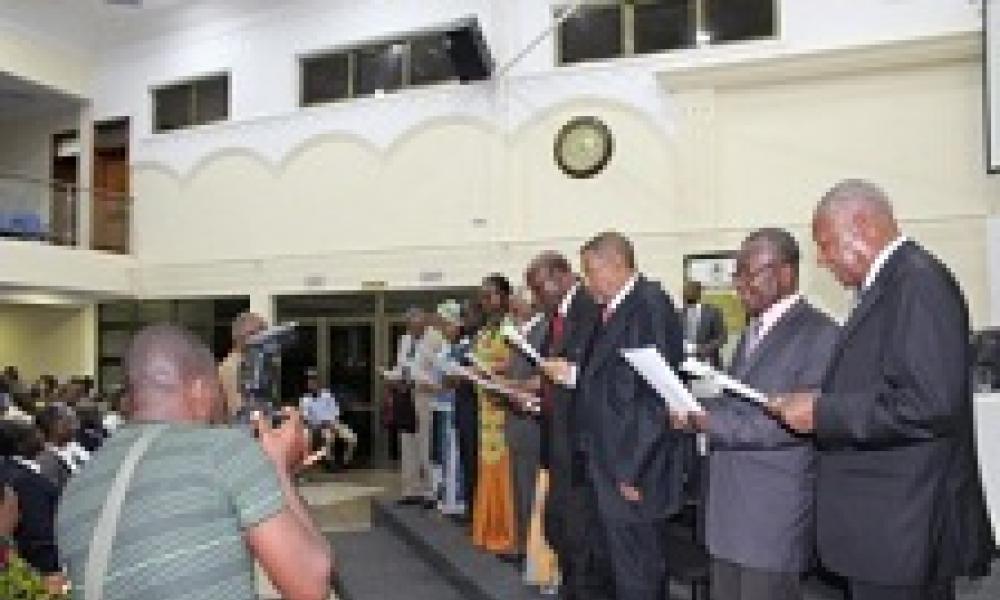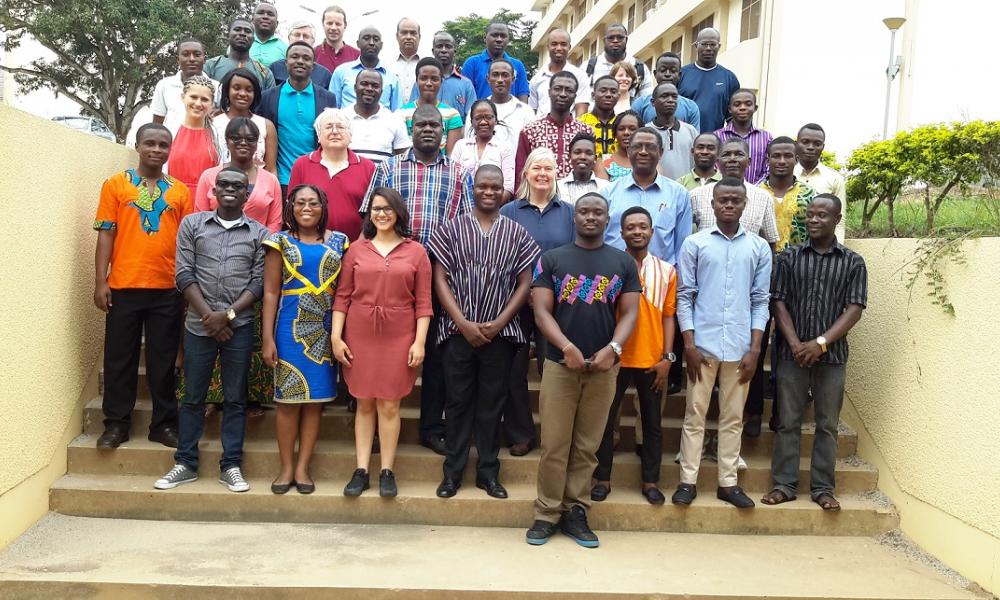KNUST’s Amanda Danumbu Wins IWD 2025 Tech Contest with AI-Powered Blood Pressure App

Amanda Danumbu, a final-year student from the Department of Chemistry at the Kwame Nkrumah University of Science and Technology (KNUST), has been named winner of the ‘Redefine Possible: With the Next Generation’ International Women’s Day (IWD) 2025 Contest.
Danumbu, who specialises in Computational Chemistry, is actively integrating programming into her academic journey, with a growing interest in the intersection of science and technology.
For the competition, she developed a web application called the BP Abnormality Notifier, which predicts blood pressure abnormalities and alerts users, enabling early health monitoring and intervention.
The app, built using Python, Scikit-learn, and Streamlit, employs a machine learning model trained on medical data, including haemoglobin levels, genetic pedigree coefficients, body mass index (BMI), sex, exercise habits, and family history of chronic conditions.
“I wanted to give people an easy way to monitor their blood pressure status and act early if something seems off,” Danumbu said.
The application, which she developed over two weeks, features a clean, user-friendly interface and reflects her deepening commitment to applying artificial intelligence to real-world problems.
Originally from Kaleo in Ghana’s Upper West Region, Danumbu credits her journey to perseverance, curiosity, and a determination to make a meaningful impact.
Her passion for science began in high school, where she was captivated by lab experiments involving matter. That early fascination evolved into a strong foundation in chemistry, and more recently, computational chemistry.
“Programming became a way to automate tasks,” she said, explaining how she began coding through free online courses and mentorship from a senior colleague. She now integrates coding into her academic work, balancing rigorous studies with structured time management.
Danumbu submitted her project under the Artificial Intelligence category of the Women Techmakers contest, which was open to Ghanaian women under 26.
The competition attracted entries in fields including cybersecurity, robotics, and extended reality (XR). Her submission was praised for its technical depth and relevance to public health.
Though she has not yet joined any tech clubs on campus, Danumbu is pursuing additional online training in AI and related fields. “Winning this contest felt good. It showed me I don’t need a specific degree to learn or contribute in any field,” she said. “I want other females to know they can do it too. Just try things out. Explore.”
Looking ahead, Danumbu hopes to pursue further studies in materials science and artificial intelligence, combining her chemistry background with digital innovation to address complex scientific challenges
